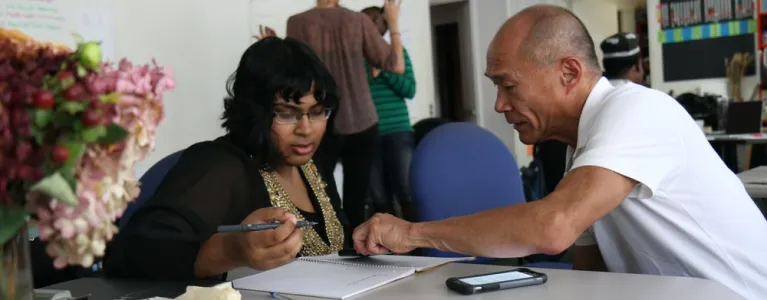
With 823 co-operatives in London, most Londoners will have shopped, been a member of, or even simply walked past a co-operative in their time.
Co-operatives are a long-established business structure in the UK, with their origins traced back as far as 1844 in Rochdale. The idea is to distribute a share of profits through dividends. In layman’s terms, co-operatives are businesses-owned and run by and for their members. And whether members are customers, employees or residents, they all have an equal say in what the business does and a share in the profits.
The COVID-19 pandemic has deeply impacted on every part of London’s economy, of which co-operatives are no exception. But given the community-led response to the pandemic, the time to look at the role that co-operatives can play has come again. As we move forward into recovery, conversations are being held around the society in which we would like to live and there’s a real opportunity for the revival of co-operative principles.
We know that co-operatives can provide benefits to workers in the form of higher pay or improved conditions as a result of their greater influence over management decisions. There are also wider societal benefits a due to an increase in ‘social trust’ from people working more closely together and having a shared interest in the co-operative. Improved productivity and economic performance also result from workers having higher motivation as they reap the rewards of the business too.
Earlier this year the London Assembly Economy Committee heard about the wealth of benefits that co-operatives bring and how they could be utilised in London’s recovery from the COVID-19 pandemic. In terms of London’s recovery, the Mayor has provided strong leadership throughout the pandemic and has now launched his nine ‘Recovery Missions’ for all of London to work towards to achieve the change we’d like to see as we move out of the crisis. This is London’s opportunity not only to fix some of the long-standing inequalities in society, but to make sure any change as a result of the pandemic works for all Londoners whilst supporting those who have been adversely impacted too.
The Committee heard that Sadiq Khan has been supportive of co-operatives and has been working with Co‑operatives UK to look at ways in which of they can contribute to London’s recovery through financial inclusion and the social economy. But I also think London would benefit from a Mayor-led Co‑operative Commission for London. A Co-operative Commission for London would be tasked with supporting London-based co-operatives to grow and supporting the creation of new co-operatives. It would complement both the London recovery missions and the Economic Development Strategy for London set out by Mayor Sadiq Khan to create a more inclusive city which works for all Londoners.
Not only could the London Co-operative Commission make recommendations on the actions needed to support the development of co-operatives, it could provide advice to help people set up and run local co-operatives, help for entrepreneurs contemplating their first start-up or micro-business and support established leaders too. It will also join up what London already has in the way of co-operatives, providing a pan-London strategic view.
Other regions and nations have already moved in this direction. In Greater Manchester, Mayor Andy Burnham set up the Greater Manchester Co-operative Commission to ensure that the city-region stays at the forefront of co-operative development. Wales has a successful Co-operative Development Centre, and in Sheffield Mayor Dan Jarvis has a co-operative advisory group.
It is time that we in London too had our own Co-operative Commission. A partnership between co-operatives and the Mayor in London would send a strong signal about the type of London we would like to see and recognise the support that co-operatives in our communities have provided over the past difficult year.